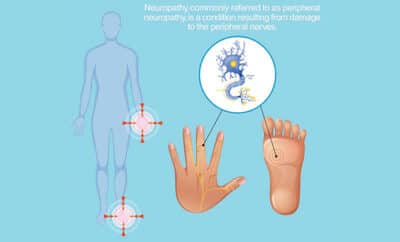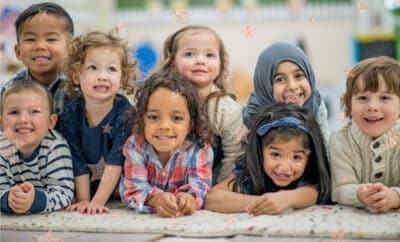Helping Children Cope With Loss – Before It Happens
 When a loved one is in decline, everyone in that person’s family and their circle of friends is affected—whether it is their six-year-old grandson or their ninety-six-year-old college buddy. And each person needs the space and the opportunity to process the grief of their pending loss in their own way.
When a loved one is in decline, everyone in that person’s family and their circle of friends is affected—whether it is their six-year-old grandson or their ninety-six-year-old college buddy. And each person needs the space and the opportunity to process the grief of their pending loss in their own way.
But quite often, we shield our children from the details of a loved one’s condition in the name of protecting the child—only to make things more difficult for them. Children can intuitively sense that something is amiss. It’s already stressful enough watching a loved one die. But the experience can become even more confusing for a child without the chance to understand what’s going on and to talk to someone about it.
Children experience grief, too.
By the time they’re 18, one in five children will lose someone close to them. There’s a common misconception that children don’t grieve, when in fact, children grieve in many of the same ways adults do. It’s just that children’s developmental way of handling the grief might manifest itself differently.
For children, grief often comes in waves. After all, their attention spans are different from an adult’s. It’s normal for a child to go from talking about death to asking to play outside in the span of 20 minutes.
Children may also ask blunt questions about exactly what’s happening—because they expect direct answers. While this often makes adults uncomfortable, such candidness has nothing to do with a lack of sensitivity. It’s a very age-appropriate response to a child’s way of processing what’s going on.
As children watch a loved one decline, their worries may include things such as: When will my loved one die? Will I be there when they die? Will something happen to my other parent? Who will take care of me?
Leaving such questions unanswered can often do more harm than good. Children dealing with grief are at risk of anxiety, isolation and depression, which can lead to things like poor school attendance, behavioral problems, drug use or even suicide.
Grief support for children in anticipation of a loss helps kids understand and process what’s to come.
Children need someone to walk this difficult journey with them just as much as adults do. Through anticipatory grief support, children have the opportunity to ask questions and to talk with family members and a professional about what’s happening around them. It allows them to confirm what they can see with their own eyes—that their loved one is dying. It enables them to hear concrete information about their loved one’s condition—and to know that their loved one’s illness is not their fault. Anticipatory grief support also helps a child understand that dying is a part of life, while providing time for the child to start processing what that means and what they’re feeling.
Understanding a loved one’s situation and being able to talk openly about their experience often allows the child to be more active in the patient’s life. Sometimes that means opening the door for the patient and the child to spend more time together, or enabling the child to have important conversations with the loved one who is dying.
At Delaware Hospice, our counselors are adept at helping children open up and understand that their feelings are normal, whether by asking them encouraging questions or engaging them in an art project or a game.
Anticipatory grief support is one of the primary services offered through Delaware Hospice’s nationally recognized New Hope program, which helps children and young people ages 6-17 sort through the maze of emotions they’re experiencing before and after their loved one dies. In addition to anticipatory grief support and bereavement support, New Hope also offers a school support group program and a week-long camp for children who have experienced loss.
Anticipatory grief support is the first step on the child’s grief journey.
After a loss, a child will still have much to process. Anticipatory grief counseling can ease that transition by establishing a trusting relationship with a professional in advance, giving the child a sense of stability as they continue on their grief journey with a familiar face.
As children move through different developmental stages, they’ll continue to have feelings of grief. For example, a child who has lost a loved one at age four will often boomerang back to grief when they turn age thirteen. Even though the loss has happened over nine years ago, as the child matures, they gain more insight into their loss and increase their ability to engage in abstract thinking.
By helping children start processing their loss as early as possible, we can help children move forward with their grief in the healthiest way possible, giving them the tools and resources they need for the future. If you’d like more information about anticipatory grief support of a child you know, contact Delaware Hospice’s New Hope program at 800-838-9800 or [email protected].





